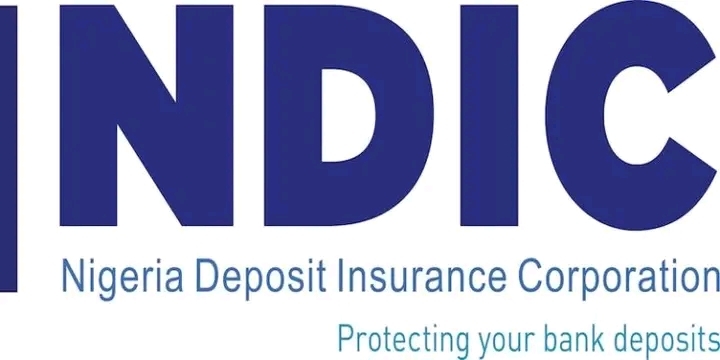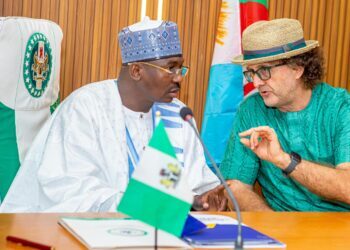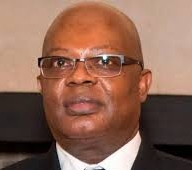The Nigeria Deposit Insurance Corporation (NDIC) has announced that it is actively working to ensure prompt compensation for depositors of the defunct Heritage Bank, specifically those whose account balances surpass the N5 million insurance cap.
Following the Central Bank of Nigeria’s (CBN) revocation of Heritage Bank’s operating license on June 3, 2024, the NDIC was designated as the liquidator in accordance with the provisions of Section 12(2) of the Banks and Other Financial Institutions Act (BOFIA) 2020, alongside Sections 55(1 & 2) of the NDIC Act 2023.
In a recent update regarding the payment of uninsured amounts to Heritage Bank depositors (currently in liquidation), the corporation indicated that it has commenced the liquidation process, which includes verifying and reimbursing insured deposits to all depositors.
The NDIC reported significant advancements in the reimbursement of insured deposits up to the N5 million maximum per depositor. This clarification addresses concerns raised by depositors regarding the payment process.
According to the NDIC management, the depositors who have yet to receive their insured amounts mostly lack a Bank Verification Number (BVN) or do not have alternative accounts in other banks, which would enable the corporation to retrieve their information from the Nigeria Inter-Bank Settlement System (NIBSS) database for payment processing. Additionally, some accounts are subject to post no debit (PND) restrictions, while others face Know Your Customer (KYC) limitations, including Tier 1 accounts that restrict the maximum deposit amount, and issues with name discrepancies that need resolution.
Furthermore, some depositors who have received payments may not be aware due to the absence of mobile transaction alerts on their alternate accounts where the insured funds were deposited by the NDIC. The corporation advises these depositors to review their other bank accounts, as some payments may have been processed without their immediate knowledge.
Regarding the initiation of payments for uninsured depositors, the NDIC confirmed that while depositors with balances exceeding N5 million have received the initial insured amounts, the remaining balance above the N5 million insurance limit will be disbursed as liquidation dividends in line with the corporation’s statutory obligations.
The statement highlighted that the corporation has made significant progress in liquidating physical assets and recovering debts from the failed bank to expedite payments to depositors with balances above the insured threshold.
The NDIC emphasized, “To showcase our commitment, the corporation has initiated the liquidation of physical assets and investments while concurrently pursuing aggressive debt recovery, alongside the verification and payment of insured sums.”
“To ensure transparency and adherence to legal standards, the NDIC has extensively publicized the asset disposal process on its official website, social media channels, major national newspapers, and through radio and television broadcasts.”
The corporation’s strategy of simultaneously compensating insured depositors while aggressively pursuing asset liquidation and debt recovery aims to hasten the liquidation process, ensuring all depositors receive their funds without unnecessary delays.
The NDIC further stated, “With significant progress in asset realization, we plan to announce the first tranche of liquidation dividends in April 2025, which will be allocated to uninsured depositors on a pro-rata basis, in accordance with Section 72 of the NDIC Act 2023 addressing the priority of claims.”
For clarity, this section specifies: “In the event that an insured institution is unable to fulfill its obligations or suspends payments, or if its management is taken over by the Central Bank of Nigeria following the revocation of its license, the assets of the insured institution shall be utilized to meet its deposit liabilities, which take precedence over all other liabilities.”
Therefore, other claimants of the defunct Heritage Bank, including creditors and shareholders, will only be considered for liquidation dividends after all depositors have been fully reimbursed.
The NDIC reiterated its commitment to safeguarding depositors’ funds in all licensed banks, urging the public to engage in banking activities without apprehension, as all other banks remain stable and secure.
Affected depositors with further inquiries are encouraged to reach out to the Claims Resolution Department of the NDIC for additional clarification.










